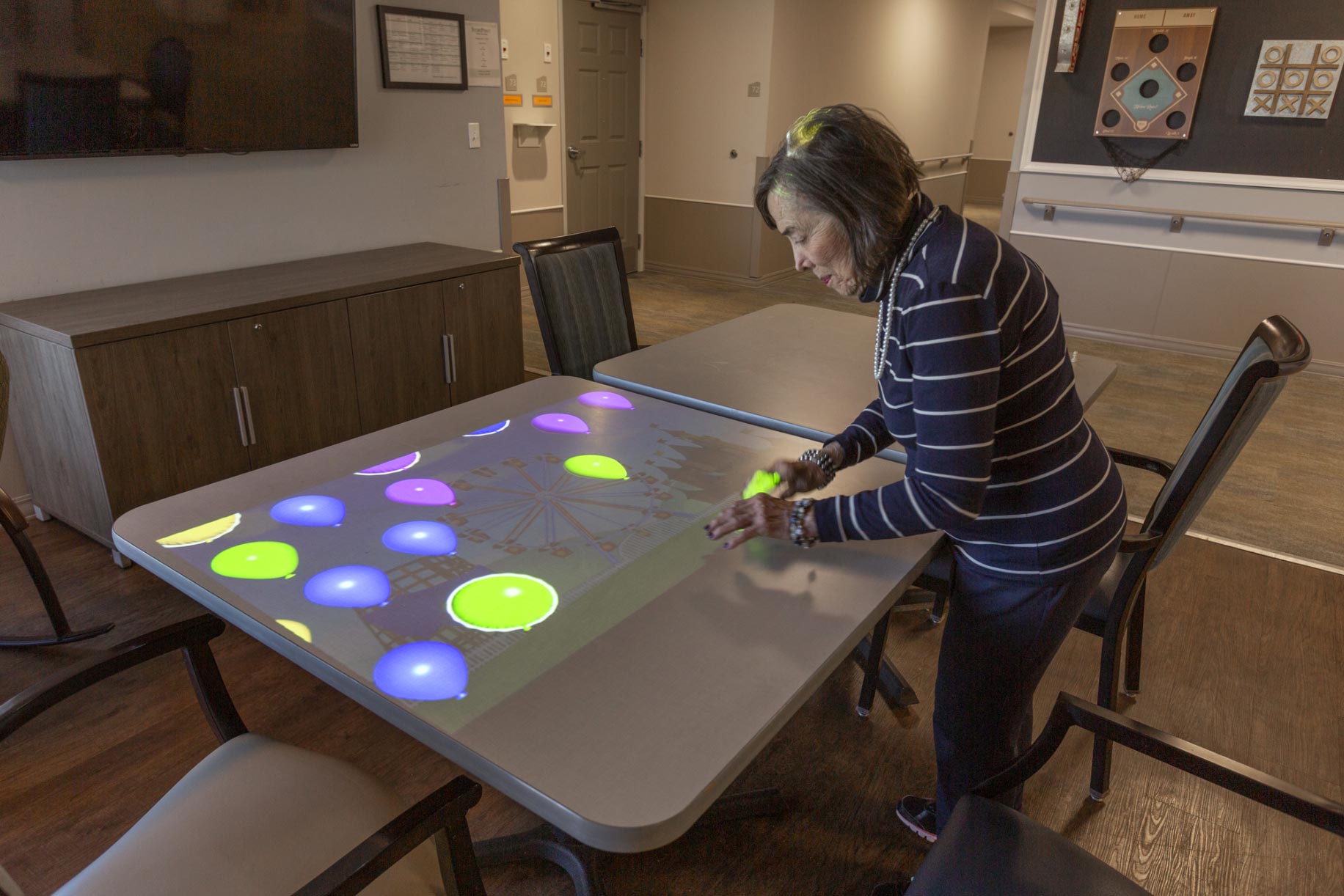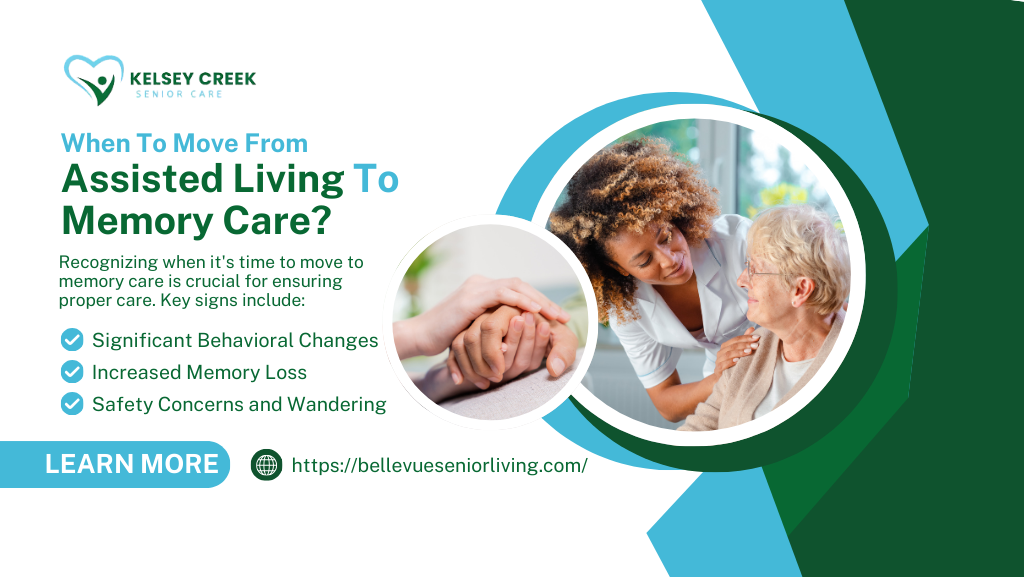Creating a Safe and Supportive Environment for Alzheimer's Treatment
The creation of a secure and encouraging environment for people with Alzheimer's is critical in boosting their top quality of life. This includes not only physical adaptations within the home, such as decreasing hazards and including acquainted components, yet likewise the application of organized routines and meaningful tasks that cater to their cognitive needs. Furthermore, recognizing the emotional and psychological dimensions of care can substantially impact their feeling of safety and link. Discovering these multifaceted methods can disclose crucial insights right into effective caregiving strategies that may change the daily experiences of both clients and caretakers.
Comprehending Alzheimer's Demands
Often, individuals with Alzheimer's illness display a series of needs that need customized methods to care. As the problem proceeds, cognitive decrease manifests in different ways, influencing memory, thinking, and also the ability to perform everyday activities. Caregivers should recognize these progressing needs to give suitable support and make sure a greater high quality of life for those affected.
One vital element of recognizing Alzheimer's needs is identifying the significance of routine and knowledge. Individuals often discover convenience in well established patterns, which can lower anxiousness and complication. Caretakers need to strive to develop structured day-to-day schedules that integrate purposeful tasks straightened with the individual's passions and abilities.
Furthermore, effective interaction is extremely important. People with Alzheimer's may have a hard time to express themselves or comprehend complicated language. Caretakers should utilize basic, clear language, usage non-verbal signs, and method energetic paying attention to cultivate understanding and connection.
Caretakers should urge engagement in neighborhood tasks or household events, advertising a feeling of belonging and purpose. Recognizing these varied demands is important for developing an encouraging care atmosphere.
Designing a Safe Home
Producing a safe home for individuals with Alzheimer's condition is vital to advertising and minimizing risks freedom. Make certain that pathways are clear and well-lit, as correct lighting lowers disorientation and enhances movement.
Integrating flexible attributes is additionally crucial. Install grab bars in restrooms and near stairways, and think about utilizing non-slip mats in damp locations. In addition, utilizing contrasting colors for walls and floors can aid in distinguishing areas, aiding to minimize complication.
Experience is essential for people with Alzheimer's. Personalizing the atmosphere with familiar things and pictures can enhance a sense of belonging and safety and security - Alzheimers Care Charlotte. It is also helpful to have actually a marked area for everyday tasks, such as analysis or crafting, which can offer structure to their day
Lastly, applying a secure outside space allows for safe exploration while connecting with nature. By attentively making the home atmosphere, caretakers can substantially enhance the high quality of life for individuals coping with Alzheimer's illness.
Enhancing Interaction Skills

Non-verbal communication, including faces, motions, and touch, plays a critical role in sharing empathy and understanding. Maintaining eye call and a tranquil attitude can boost the convenience level of the individual, advertising a sense of safety and security.
In addition, it is necessary to exercise energetic listening. This involves being completely present, showing patience, and permitting the individual to reveal themselves without disruption. Repeating may be necessary; caretakers ought to be prepared to revisit concerns or subjects, as individuals with Alzheimer's might have problem with memory recall.
Additionally, using aesthetic aids or signs, such as photos or familiar items, can assist in recognition and engagement. Eventually, enhancing communication skills is regarding constructing trust fund and producing a setting where people feel heard, valued, and recognized, consequently enhancing their lifestyle.
Urging Social Communication
Fostering meaningful social communications can greatly improve the health of people with Alzheimer's disease. Involving with others not just assists combat feelings of seclusion however additionally stimulates cognitive function and emotional health. Structured social tasks, such as team video games, arts and crafts, or music therapy, produce chances for residents to link with peers and caretakers, which can lead to boosted mood and minimized anxiety.
Producing a welcoming atmosphere that urges socializing is crucial. This can be attained by organizing common spaces that help with communication, such as relaxing seating locations or task areas. Additionally, incorporating culturally appropriate and acquainted tasks can stimulate memories and encourage participation, permitting individuals with Alzheimer's to really feel more connected to their past experiences.
Furthermore, caregivers need to be educated to recognize and advertise social engagement among citizens. Easy motions, such as initiating discussion or assisting in tiny team discussions, can assist people really feel valued and consisted of. Routinely arranged gatherings must correspond yet versatile, accommodating differing levels of ability and rate of interest. By prioritizing social communication, we can dramatically improve the lives of those dealing with Alzheimer's, fostering a feeling of community and belonging.
Supporting Caregiver Wellness

To sustain caregivers, companies need to offer regular Check Out Your URL training and educational sources to improve their understanding of Alzheimer's illness and caregiving strategies. Providing access to respite care solutions permits caretakers to take required breaks, minimizing tension and exhaustion - Alzheimers Care Charlotte. Furthermore, promoting a neighborhood via support system can help with emotional sharing and the exchange of functional recommendations amongst caregivers, developing a network of common assistance
Mental wellness sources, such as therapy services, can additionally be important in attending to the psychological toll caregiving can take. By focusing on caregiver well-being, we create a more lasting caregiving setting that not only benefits the caretakers themselves but also enhances the overall quality of care obtained by individuals with Alzheimer's. Eventually, supporting caretakers is an essential component in cultivating a efficient and caring treatment setting.
Final Thought
In verdict, the production of a safe and encouraging atmosphere for individuals with Alzheimer's is vital to enhancing their quality of life. By prioritizing security via thoughtful style, cultivating psychological health with familiar components, and advertising engagement through structured routines, caretakers can dramatically influence the total experience of those influenced by this condition. Sustaining caretaker health is critical, as it eventually contributes to an extra compassionate and reliable care environment.
Repeating may be necessary; caregivers company website must be prepared to review subjects or inquiries, as people with Alzheimer's may struggle with memory recall.
